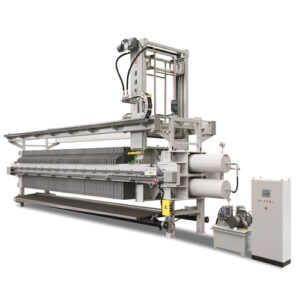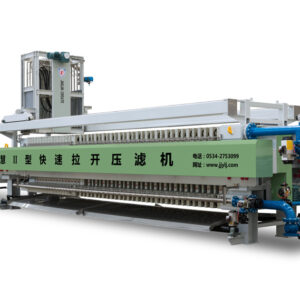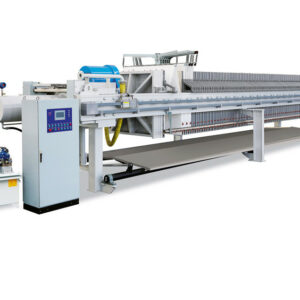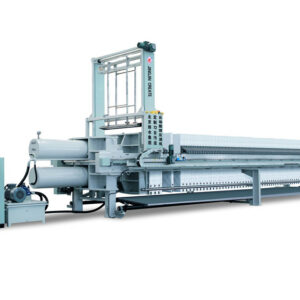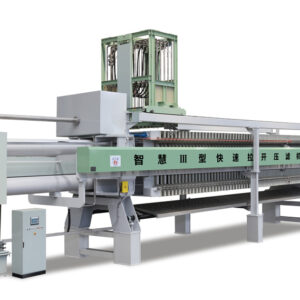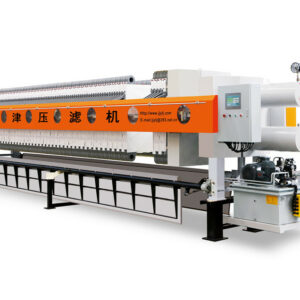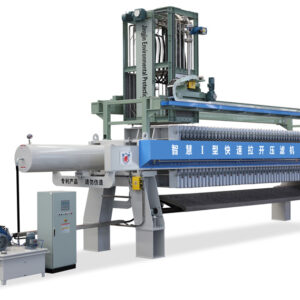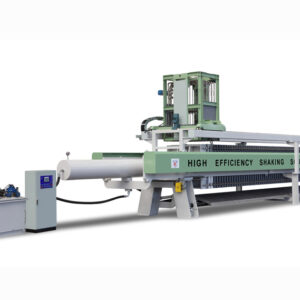Filter Press
Showing 10–18 of 54 results
-
vacuum filter press
-
Intelligent Type II Quick Opening Filter Press
-
Automatic Locking Filter Press
-
Energy Saving And Efficient Water Washing Vibrating Filter Press
-
Intelligent Type III Quick Opening Filter Press
-
External Washing And External Discharge Vibrating Pressure Filter
-
China Automated Vacuum Filter Press Manufacturer
-
Intelligent Type I Quick Opening Filter Press
-
Jingjin High Efficiency Energy Saving Filter Press
